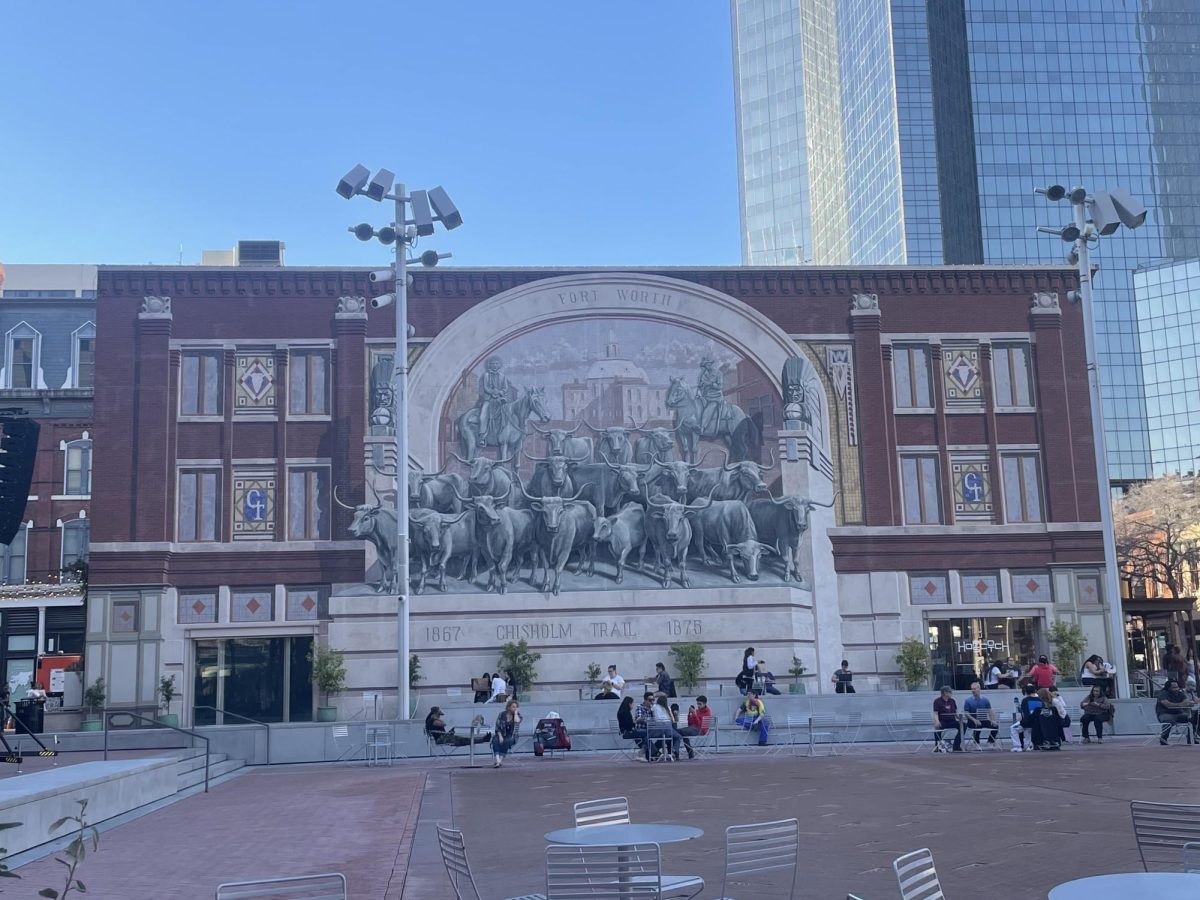It took eight years for an Army National Guard veteran to gain the courage to wear her Iraqi Freedom hat.
Veteran Cristina Mungilla, 34, said she believes the idea of serving has been romantized, and there is a big gap between what a soldier has done during service and what the public understands.
Mungilla, a single mom of a girl and twin boys, served as a specialist in Fort Hood during Operation Iraqi Freedom, but she said she felt guilty and thought she had not served or sacrificed enough.
Mungilla was ashamed to wear her Iraqi Freedom hat around other veterans who had actually gone to Iraq, she said, or to say that she had served here in the U.S. when people asked about her hat.
“I didn’t start wearing mine until this year,” she said. “It’s been eight years before I’ve finally been able to accept the fact that I did serve, just in a different capacity.”
Although Mungilla did not go overseas, she said she faced many struggles and went through depression. She was diagnosed with a mild case of post-traumatic stress disorder (PTSD) after her eight years of service and struggled to return to civilian life.
Mungilla said military people talk about the transition period of going from military life back to civilian life. To civilians, that might sound easy or like a process that can take a few months or a year, she said, but that is not always the case.
“Is not that simple,” she said. “My transition took nine years, nine years for me to find what normal was again.”
Mungilla was scared to go back to work and when she did it was difficult for her to perform at the level she did before serving, she said. She felt paranoid and like somebody was always out to get her.
“I used to be so good at my jobs,” she said. “But after coming back, I was constantly making small mistakes that had big consequences.”
Mungilla felt the only way she could be comfortable back in the workforce was by getting an education, she said. She finished her associate degree last summer and is in now attending TCU where she is majoring in strategic communication and also working for Veterans Services Task Force.
Mungilla wants to help other veterans.
“Having gone through this experience and having served, even in the capacity that I did, I have a much deeper respect and understanding for what it means to sacrifice,” she said.
April Brown, VSTF chair and Marine veteran, said veterans bring unique experiences to the work force and Mungilla is applying her journey as a veteran in her job.
“She has brought back passion to support veterans,” Brown said.
Since Iraqi Freedom, Mungilla has had to reinvent herself, she said, and now feels like a more stable and productive citizen in the community.
Army National Guard veteran Rhiannon Smith met Mungilla while they were both serving.
“Cristina has always been a very dependable, respectable, strong willed woman. She has overcome so much,“ Smith said. “She’s done more on her own and sacrificed more than any woman I know.”



